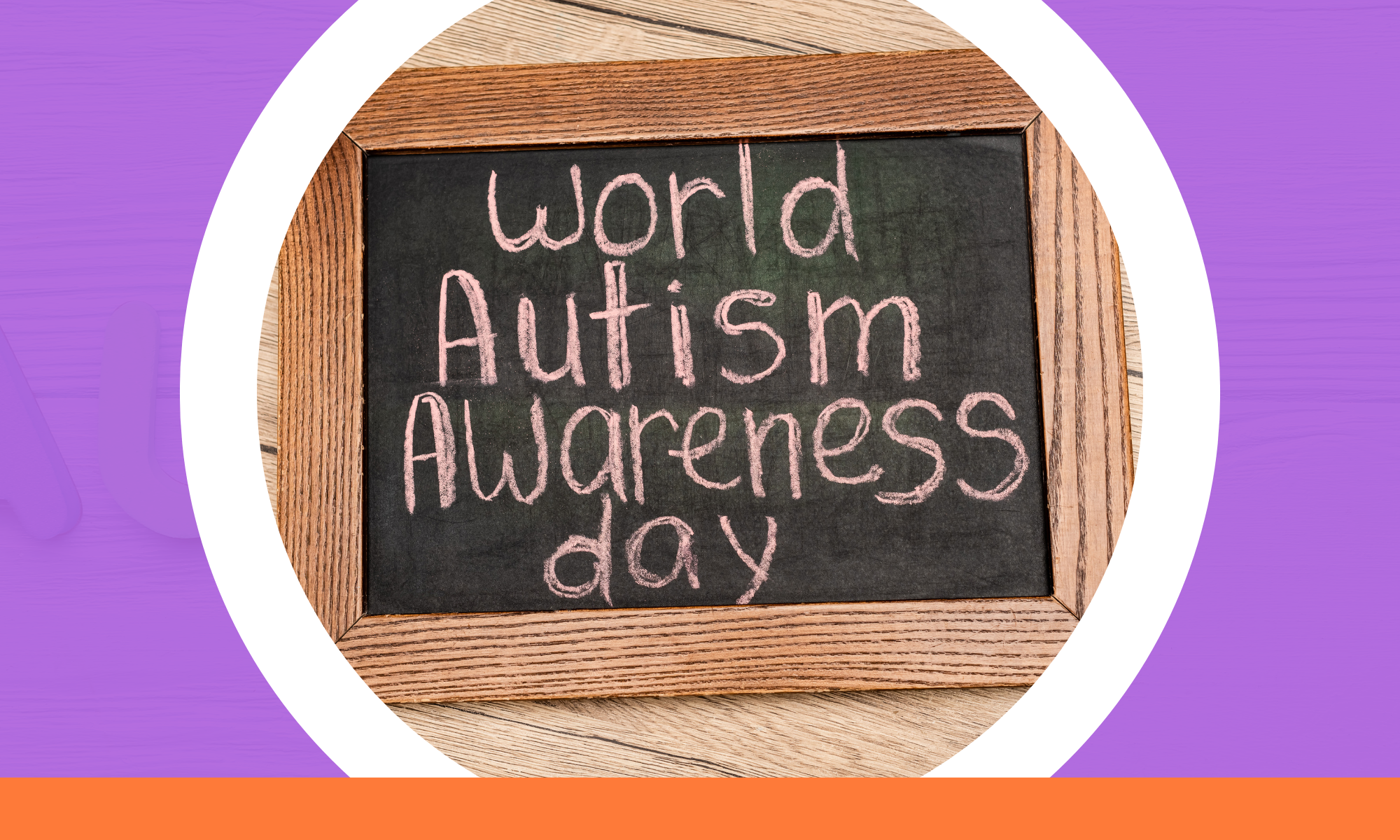Finding the Right Therapy for Your Child with Autism
Autism can come in many forms and choosing the correct plan of action for your family is important if you want to foster progress for your child. With so many support options at hand, from Applied Behavioral Analysis (ABA) therapy to educational therapies, it can be daunting trying to decide which route suits your little one best. Finding the right therapy for your child with autism is vital in order for them to grow and thrive. There are many preparation methods to consider when selecting therapies that fit your individual situation.
Did You Know?
According to WHO, about 1 in 100 children has autism.
1. Understand your child’s needs
Begin by gaining a thorough understanding of your child’s strengths, challenges, and specific needs. By focusing on their strengths and finding ways to communicate with them in a way that works for them, you can create a supportive and nurturing environment that allows them to thrive. Listen to your child, observe their behavior, communication abilities, sensory differences, and any other areas that require attention. You will then be able to evaluate the scale of their autism and what can help or hinder them.
2. Consult with professionals
Reach out to professionals, such as developmental pediatricians, child psychologists, or therapists. They can assess your child’s specific needs and provide recommendations for appropriate therapies. Additionally, they may suggest specific clinics, centers, or organisations that offer reliable and evidence-based interventions. With the right support system, you can navigate the challenges together.
The Irish Society for Autism (ISA) is a national charity that provides support, information, and advocacy for individuals with autism and their families. They can offer further guidance and direction to suitable consultation services in your area.
The Health Service Executive (HSE) in Ireland also provides autism-specific services, including assessment, diagnosis, and intervention. They explain the following on their website: How to help your autistic child with day to day life, advice about medicine and medical problems and how to help their behaviour, as well as other forms of advice.
Here at Autism Assessment Centre, when there is a question about your child’s functioning, we understand how important knowledge and trusted guidance can be. Whether there is a diagnosis or not, we will always take time to walk you through the process of getting help for your child. Our services include a multidisciplinary/ multi-factor assessment that results in a report and feedback session to guide you to the next steps.
Autism Assessment Center:
• Our client-centred approach allows us to educate, assess, and support your needs directly.
• We can facilitate a full range of services that adapt to specific needs, organised in an efficient manner.
• We understand your world, we speak your language.
• With the right people and the right skills and knowledge, we are ready to support you.
3. Schedule consultations
Arrange consultations with the therapy providers you are considering. During these meetings, ask questions about their approach, treatment goals, expected outcomes, duration of therapy, and any specific strategies they use. Be sure to discuss your child’s unique needs and ask how they will tailor the method to address those needs. Once you have identified the specialists required, you can begin to schedule appointments at times that suit your family’s needs. Always make sure to give yourself enough time before appointments to prepare questions and concerns, and never be afraid to advocate for your child’s needs during consultations.
4. Monitor progress
Continuously monitor your child’s progress and development throughout therapy. One way to do this is by keeping track of their developmental milestones, such as their ability to communicate effectively or their motor skills. Regularly communicate with the therapist to assess whether the chosen method is meeting their needs, to understand what goals they are working towards, and how you can reinforce their progress at home.
If necessary, discuss modifications or explore alternative therapies that may be more beneficial. Progress looks different for everyone, so focus on celebrating any and all accomplishments, no matter how small they may seem.
When finding the right therapeutic approach for your child with autism, the key is to remain open-minded and patient and to try different modalities until you find the one that works best. Reach out to support groups if you need help navigating through the process. With compassionate care, personalised guidance and patience, the journey will ultimately be rewarding.











